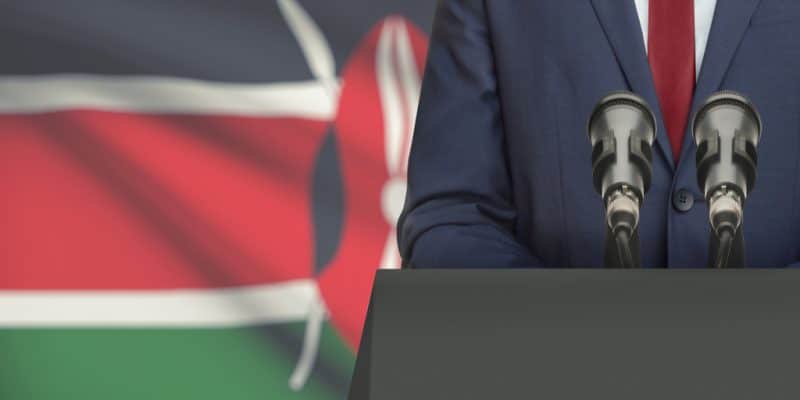The fifth edition of the Rebranding Africa Forum (RAF) was held in Ouagadougou (Burkina Faso) from October 5 to 6, 2018 under the theme “Challenges and opportunities of the green economy in Africa.”
After four first editions, held in Brussels, the Rebranding Africa Forum (RAF) has chosen the year 2018 to settle in Ouagadougou, the capital of Burkina Faso. During two days, 500 participants had numerous exchanges to establish win-win partnerships and thereby participate in the African development process. During the various forums, they discussed the themes related to the state of affairs, the stakes and challenges of the green economy in Africa. Participants also addressed the thorny issue of financing the ecological transition in Africa before gaining a better understanding of the investment opportunities that the green economy offers on the African continent. According to Thierry Hot, founder of the forum, it is a matter of “converting decision makers in the public and private sectors to the virtues of this new economy, concerned with sustainability, sometimes favouring circularity and in all circumstances, centred on the human being.”
On the subject of ecological financing, Rosine Sori Coulibaly, Burkina Faso’s Minister of Economy and Finance, points out that her country experienced an 11% drop in cereal production in 2017. The main cause of the fall was the scarcity of rainfall, she noted. It is a compelling figure, because according to her, if nothing is done, Africa’s contribution to world GDP will decline by between 5 and 20%. Hence the need and urgency for African leaders to become aware of and define more environmentally friendly public policies. “We do not have the regulations and laws to encourage people to adopt behaviours that preserve nature. The system we have at the tax level should have allowed us to do this, but we are not making the best use of it,” she added.
Morocco’s example
According to the United Nations Environment Programme (UNEP), the green economy is “an economy that produces human well-being and social equity, while significantly reducing environmental risks and ecological shortages.” In recent years, some African states have been very gradually reorienting their development policies towards the green economy. Even if Africa contributes only 4% of global greenhouse gas emission, they still face the problem of funding. This issue was their main focus at COP 22 in Morocco in 2016. M Morocco, which has since taken the lead on these issues and was awarded a prize in September 2018 for its involvement in the fight against climate change. But there are still many challenges to be tackled….
Luchelle Feukeng






